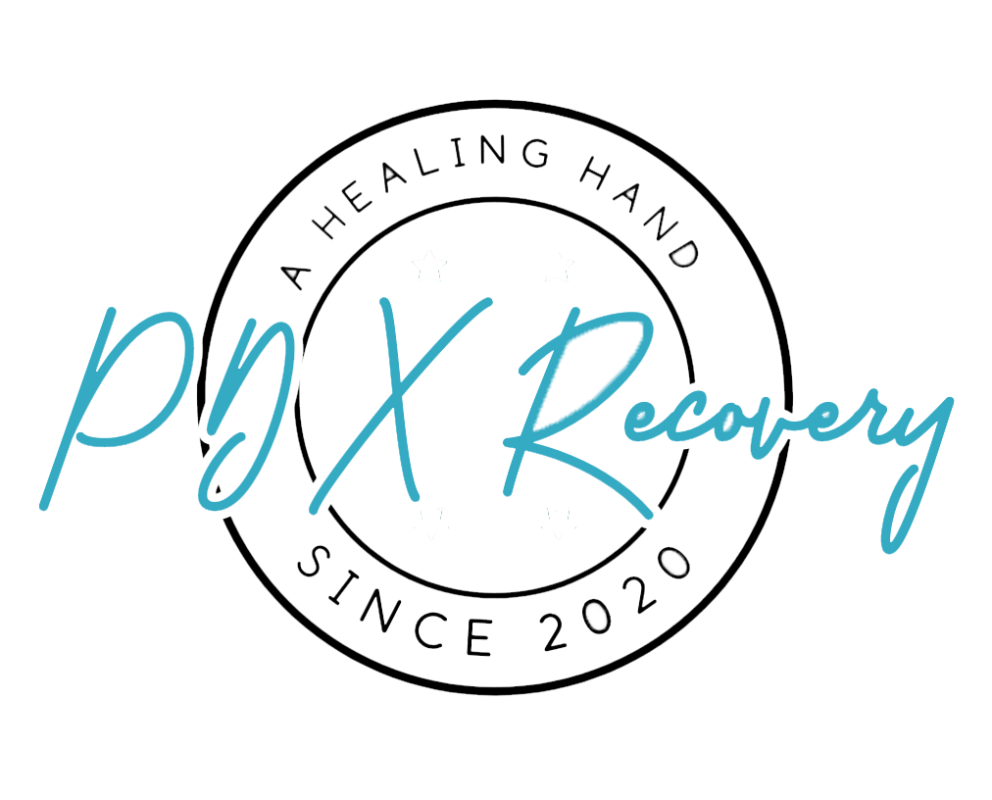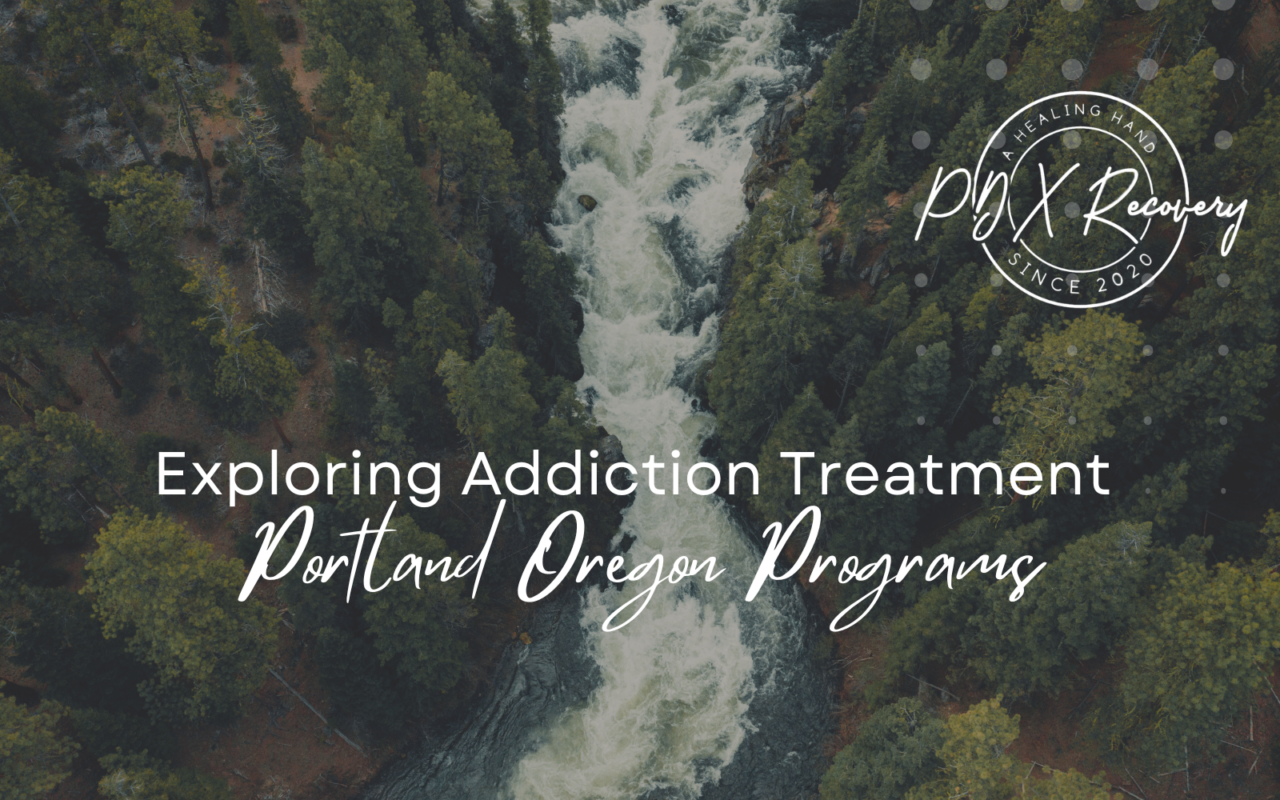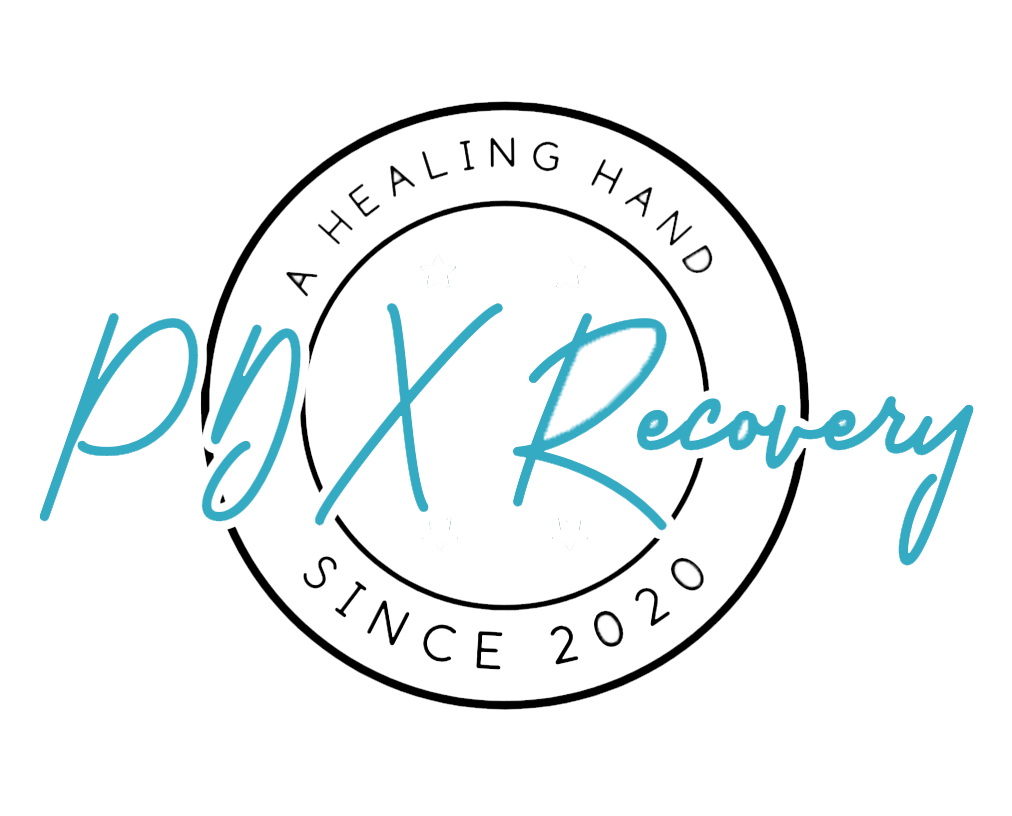Addiction is a significant challenge faced by many individuals and communities worldwide, and Portland, Oregon, is no exception. This blog post aims to explore the addiction treatment landscape in Portland, offering valuable insights and practical tips for those seeking help. From residential treatment centers to outpatient programs, Portland offers a variety of resources to support individuals on their recovery journey.
Additionally, many community organizations provide support groups and counseling services to help those affected by addiction. If you or someone you know is struggling with addiction, understanding the available programs and resources can be the first step toward recovery. By emphasizing the importance of personalized treatment plans and community support, we hope to guide you through the options available and encourage a path to healing.
For those searching for addiction treatment Portland Oregon, there are numerous options available to address your unique needs and circumstances.
Understanding Addiction
What is Addiction?
Addiction is a chronic disease characterized by the compulsive use of substances despite harmful consequences. It affects both the brain and behavior, making it incredibly challenging for individuals to quit on their own. The disease often begins with voluntary substance use, but over time, a person’s ability to choose not to use becomes compromised, leading to compulsive behavior.
Addiction not only impacts the individual but also has far-reaching effects on families, workplaces, and communities. The strain on relationships, the increase in health care costs, and the loss of productivity can create a significant societal burden. Early intervention and comprehensive treatment plans are crucial for helping those affected by addiction to reclaim their lives and foster healthier environments for everyone involved.
The Impact of Addiction in Portland
In Portland, addiction trends mirror national statistics, but the city faces unique challenges. The opioid crisis, for example, has hit Portland hard, with a significant increase in overdose deaths in recent years. This surge has put a strain on local healthcare resources and has led to an urgent need for more comprehensive addiction treatment programs. Additionally, the city’s vibrant nightlife and music scene can sometimes contribute to substance abuse issues, as the prevalence of bars and clubs creates an environment where recreational drug use can flourish. Community organizations are working tirelessly to provide education and support, but the battle against addiction remains a daunting task for Portland.
Challenges in Addressing Addiction
Addressing addiction in Portland involves tackling various obstacles, including stigma, limited access to treatment, and the need for comprehensive mental health services. Stigma can prevent individuals from seeking help, as they may fear judgment or discrimination. Limited access to treatment is another significant barrier, often due to financial constraints, lack of available resources, or long waiting lists. Additionally, there is a critical need for comprehensive mental health services that address the underlying issues contributing to addiction, such as trauma, depression, and anxiety. Understanding these challenges is crucial for developing effective strategies to combat addiction in the community, ensuring that individuals receive the support and care they need to overcome this pervasive issue.
The Importance of Seeking Treatment
Breaking the Cycle
Seeking professional help is essential for breaking the cycle of addiction. Professional treatment programs offer structured environments where individuals can focus on recovery without distractions. Within these safe spaces, individuals receive personalized care and attention tailored to their unique needs. These programs provide medical supervision to manage withdrawal symptoms and ensure physical well-being, alongside therapy sessions that address the psychological aspects of addiction.
Additionally, ongoing support from counselors and peer groups fosters a sense of community and accountability, which are critical for achieving and maintaining long-term success.
Benefits of Early Intervention
Early intervention can significantly improve the chances of successful recovery. When addiction is identified and treated early, individuals can avoid many of the severe physical, emotional, and social consequences of prolonged substance abuse. Early treatment allows individuals to regain control of their lives, repair damaged relationships, and restore their physical health. It also provides an opportunity to address underlying mental health issues that may be contributing to the addiction.
Moreover, early treatment reduces the risk of overdose and other life-threatening complications, making it a critical step in the path to long-term recovery and well-being.
Types of Treatment Options
At PDX Recovery we offer a variety of addiction treatment options, catering to different needs and preferences. These include detox programs, residential treatment, intensive outpatient programs, and more. Each type of program has its unique benefits and is designed to address specific aspects of addiction.
Exploring Addiction Treatment Programs in Portland, Oregon
Detox Program
Detox programs are the crucial first step in the addiction treatment process. They involve medically supervised withdrawal from substances, providing a safe and controlled environment for individuals.
During this phase, medical professionals help manage withdrawal symptoms, ensuring the patient’s comfort and safety. In Portland, several detox centers offer compassionate and comprehensive care, including personalized treatment plans and 24/7 support. These centers aim to ensure a smooth transition into further treatment phases, such as counseling and long-term rehabilitation, setting the foundation for lasting recovery. For those seeking addiction treatment Portland Oregon, detox programs can make a significant difference.
Residential Treatment
Residential treatment programs provide a structured, supportive environment where individuals live at the treatment facility for a specified period, which can range from a few weeks to several months. These programs offer intensive therapy, which may include individual, group, and family counseling, as well as medical care and support from a team of healthcare professionals. Additionally, residents have access to various therapeutic activities and educational sessions designed to promote long-term recovery.
This comprehensive approach makes residential treatment programs ideal for those with severe addiction issues, ensuring they receive the ongoing care and support needed to achieve lasting sobriety. For those searching for addiction treatment Portland Oregon, residential programs can provide a safe and effective option.
Intensive Outpatient Program (IOP)
Intensive outpatient programs (IOPs) are designed for individuals who need structured treatment but cannot commit to a residential program due to various personal or professional obligations. These programs provide a flexible yet rigorous approach to therapy, allowing participants to attend scheduled therapy sessions and counseling while continuing with their daily responsibilities such as work, school, or family commitments.
IOPs often include a combination of individual therapy, group therapy, and educational sessions, helping participants develop coping strategies, gain peer support, and work towards long-term recovery. This balance between intensive treatment and everyday life makes IOPs an effective option for many seeking addiction treatment Portland Oregon.
Transitional Living
Transitional living programs, also known as sober living homes, provide a supportive environment for individuals transitioning from residential treatment to independent living. These homes offer structure and support, helping residents maintain their sobriety as they reintegrate into society.
They often include resources such as counseling, life skills training, and peer support groups, which are crucial for building a stable and healthy lifestyle. Residents benefit from a community of individuals who share similar experiences, fostering a sense of camaraderie and mutual encouragement that can be pivotal in their recovery journey.
Relapse Prevention
Relapse prevention programs focus on helping individuals develop the skills and strategies needed to maintain long-term sobriety. These programs often include therapy, support groups, and educational sessions on coping mechanisms and triggers. Therapy sessions may involve cognitive-behavioral techniques to change negative thought patterns, while support groups provide a communal environment for sharing experiences and gaining encouragement.
Educational sessions cover a variety of topics, such as identifying personal triggers, managing stress, and building a healthy lifestyle to support ongoing recovery. By addressing both the psychological and social aspects of addiction, these programs aim to provide a comprehensive approach to preventing relapse.
Addiction Intervention
Intervention programs are tailored to support families and friends in encouraging a loved one to seek necessary treatment. These programs often include structured approaches and evidence-based strategies to address various behavioral and substance abuse issues. Professional interventionists in Portland bring expertise and experience to the table, guiding families through each step of the intervention process.
They ensure that the intervention is conducted with care, compassion, and a deep understanding of the emotional complexities involved, ultimately aiming to pave the way for effective treatment and recovery.
Case Management
Case management services provide ongoing support and coordination of care for individuals in recovery, ensuring they receive comprehensive and continuous assistance throughout their journey. Case managers play a crucial role by working closely with clients to develop personalized treatment plans that cater to their specific needs and circumstances.
They help connect clients to a wide range of resources, such as medical care, mental health services, housing, and employment opportunities, which are essential for a successful recovery. Additionally, case managers monitor clients’ progress regularly, adjusting plans as needed and offering encouragement and guidance to keep them on track towards achieving their recovery goals.
Family Support
Family support programs recognize the crucial role that families play in the recovery process. These programs offer therapy, education, and support groups for family members, helping them understand addiction and learn how to support their loved ones effectively. Through individual and group therapy sessions, families can address their own emotional challenges and develop healthy coping mechanisms. Educational workshops provide valuable information about the nature of addiction, the recovery journey, and effective communication strategies.
Support groups create a sense of community, allowing family members to share experiences, gain insights, and build resilience together. By involving families in the recovery process, these programs foster a more supportive and understanding environment for individuals battling addiction. For those searching for addiction treatment Portland Oregon, these family support programs can be a valuable resource.
Mentoring Program
Mentoring programs pair individuals in recovery with mentors who have successfully navigated their own recovery journeys. These mentors provide much-needed guidance, encouragement, and support, sharing their own experiences and insights to help others on similar paths to addiction treatment Portland Oregon.
By fostering a trusting and understanding relationship, mentors assist mentees in overcoming obstacles, staying motivated, and remaining focused on their recovery goals. These programs create a sense of community and connection, offering a vital lifeline for those seeking to rebuild their lives.
Partial Hospitalization Program (PHP)
Partial hospitalization programs (PHPs) offer intensive treatment for individuals who do not require 24-hour care but need more support than an outpatient program provides. These programs are ideal for those who need a structured environment to continue their recovery process. PHPs typically involve a combination of individual and group therapy, medical care, and support services tailored to each person’s specific needs.
Additionally, they often include educational sessions on coping skills, stress management, and relapse prevention, ensuring a comprehensive approach to mental health and well-being. For those seeking addiction treatment in Portland, Oregon, Partial Hospitalization Programs (PHPs) offer an excellent option for ongoing support and care following the completion of a residential program.

The Role of Community Support
Importance of Community
Community support is a vital component of the recovery process. In Portland, numerous local resources and support groups are available to help individuals on their recovery journeys. These resources provide a sense of belonging and encouragement, which are crucial for maintaining sobriety.
Local organizations offer a range of services, from counseling and therapy sessions to peer support groups and community activities, all aimed at fostering a supportive environment. By connecting with others who share similar experiences, individuals can build strong networks that reinforce their commitment to recovery and help them navigate the challenges they may face along the way.
Local Resources
Portland boasts a variety of local resources, including community centers, non-profit organizations, and support groups. These resources offer a range of services, from counseling and therapy to job training and housing assistance. Community centers often provide recreational activities, educational workshops, and social events that help foster a sense of belonging.
Non-profit organizations work tirelessly to address various social issues and provide targeted support to those in need. Support groups create safe spaces for individuals to share their experiences and find solidarity with others facing similar challenges. Together, these resources form a robust network dedicated to enhancing the well-being of Portland’s residents.
Support Groups
Support groups, such as Alcoholics Anonymous (AA) and Narcotics Anonymous (NA), provide peer support and accountability for individuals in recovery. These groups offer a safe space for sharing experiences, gaining insights, and building a network of supportive relationships.
Members meet regularly to discuss their challenges and successes, fostering a sense of community and belonging. Through structured programs and the shared goal of sobriety, participants can develop coping strategies and gain strength from others who understand their journey. The collective wisdom and empathy found in these groups can be a crucial component of long-term recovery.
Finding Treatment in Portland, Oregon
Addiction treatment Portland Oregon, offers a range of programs and resources designed to help individuals overcome addiction and build fulfilling lives in recovery. From detox programs to community support groups, there are options to suit every need and preference. If you or someone you know is struggling with addiction, don’t hesitate to seek help.
Remember, the first step toward recovery is reaching out. Explore the resources mentioned in this post, and take that first step toward a brighter future.
For those looking to learn more or get personalized assistance, consider reaching out to local treatment centers or mental health professionals. Your journey to recovery is within reach, and the Portland community is here to support you every step of the way. For more information visit our website at https://pdx-recovery.com/ or call us at (971) 256-9087.






